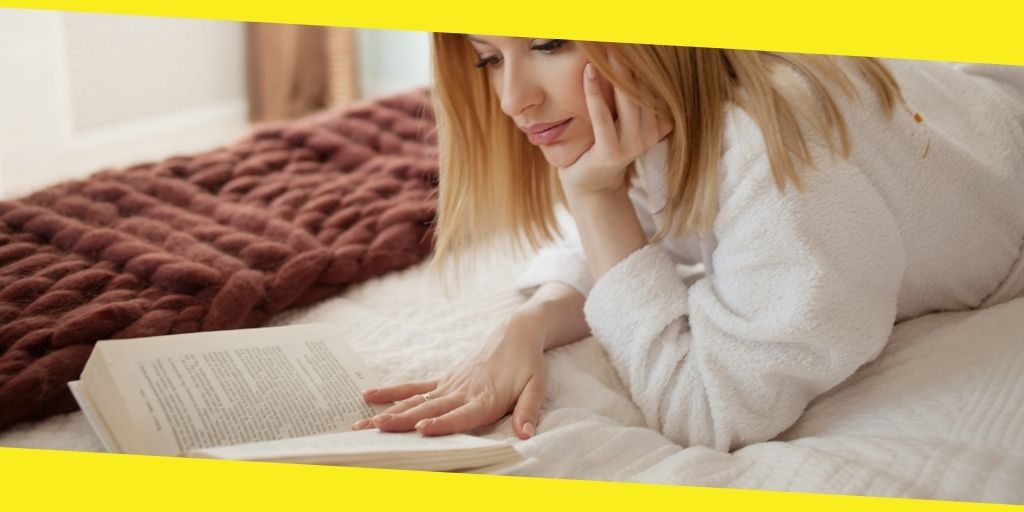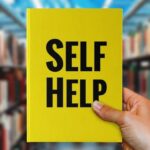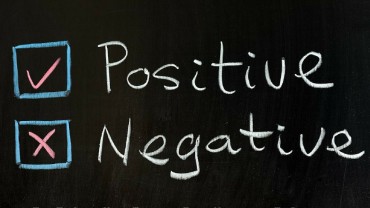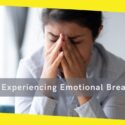The Pros And Cons of Self-Help Books
This post was last updated on December 26th, 2024

Over the years, self-help content continues to weather the fluctuating trends of the publishing industry. Despite some people not liking this genre, self-help books continue to endure and win over others due to the big promises they hold—to help improve the quality of your life.
Notably, a lot of people are attempting to iron out certain, imperfect areas of their lives. Regardless of what those imperfections are, self-help books are considered the go-to convenient and effective way to facilitate change in those areas.
What are Self-Help Books?
Self-help books have been around for thousands of years. These are reading materials that are regarded as quite valuable on your journey to success. As mentioned, you may have a specific life facet which you want to focus and improve on— may it be learning new skills, unlocking potentials, cultivating inner peace, breaking bad habits, developing confidence, improving interpersonal communication, and even tackling financial hurdles. You may also discover this helpful in easing up changes, overcoming fears, and learning how to handle tension effectively, confidence, improving interpersonal communication and even tackling financial hurdles.
With a wide selection of self-help content, there’s almost always a book that will fit your needs and preferences. It may be safe to say that nearly everyone can practically benefit from self-help books. However, you might ask yourself, “Are self-help books truly flawless? Can you change your life directly by consuming various self-help resources?”

In this article, we’ve rounded up both the advantages and disadvantages of leaning towards self-help books. Are you ready? Let’s dive in.
The Pros
If you consider having self-help books, here are the advantage that you can have.
1. Offers Professional Advice
More than ever, professionals from different fields have been extending their services to people by writing books. With this, people can now have access to various resources from different international experts who are regarded as reputable in their niches.
For instance, neuroscientists and psychologists are producing mental health–related content to offer people an understanding of how the brain works, the power of awareness, understanding patterns of behavior, and the like. For people who have less understanding of how to address problems rooted in these areas, self-help books may come in handy.
Apart from the aforementioned complex topics, field specialists have also written books on topics such as confidence, building relationships, dealing with life transitions, resolving conflicts, and the like. These topics have become helpful as consumers tackle areas in their lives that may be difficult to deal with alone.
Furthermore, being able to have “access” to the brains of these experts may allow you to take relevant information that can help you cope and even anticipate problems in the near future. Armed with their professional guidance and wisdom, you may be able to learn how to handle dilemmas and support your pursuit of making your life better.
2. Has Wide Accessibility
Due to its growing popularity, other reading channels were developed to cater to various consumer preferences. To name a few, blogs, audiobooks, ebooks, and even podcasts are now accessible to a wide array of customers. For instance, the convenient feature of audiobooks allows you to listen and continuously consume self-help books even while you’re on a commute or having your regular park strolls.
With all of these tech advancements, self-help books continue to make their mark among other genres. These also help authors reach out to global customers and readers. On your end, this provides you more options to access and consume your preferred medium of learning.
The Cons
Considering self-help books, there are also disadvantage that you’ll encounter.
1. Creates False Hope
As a marketing strategy, publishing companies or authors research the interests of their target audience are. From then on, they may attempt to generate content that provides generalized, fancy solutions that can attract attention from readers.
Some self-help books offer you certain alternatives, exaggerating claims and promising resolutions without any relevant source to back them up. When you start to believe in these pieces of advice and support these claims, you may falsely hope that you can change your life. However, if it doesn’t work out the way the author advised you to, you may tend to return to that negative, vicious loop.
While the idea of addressing your problems on your own may seem convenient and appealing, know that in some cases, some self-help books may lack the perspective of research to grasp the full extent of your problems. Authors don’t know you personally; hence, some of their advice may not be practical to your situation.
Moreover, although some books were written by a specialist, there might be instances that you’re consuming a version of professional advice that’s been changed to cater to market demand. This is also commonly done to make the content more digestible to the readers. Unfortunately, if this is improperly executed, translations may be inaccurate which can consequently, be misinterpreted by readers.
2. Information May Be Misused
Although there are self-help books that were written by credible specialists, there are inevitable times when consumers may not know how to use or apply this information. Definitely, self-help books can help you feel empowered to change and improve areas in your life. However, in some instances, these reading materials should be used or applied with the aid of a professional.
Besides, if you’re suffering from a mental health disorder, you shouldn’t entirely lean on self-help materials to help you recover and alter certain pervasive habits and behaviors. You need to take note that self-help books can only help you to some extent. Seeking professional assistance is more recommended as this can provide you personalized service which can be practical and effective in addressing your problems.
Know that self-help material isn’t regarded as a replacement for meeting with a psychologist or counselor.
A Gentle Reminder
You need not surrender self-help books altogether. Nevertheless, bear in mind to read these books critically. To help you, it’d be excellent to research the author’s credibility, particularly if it’s a topic that highly needs scientific research. Also, you may try to compare feedback reviews from different experts in the same niche. Know that although some books are written by specialists, some professionals in the same field may not agree with the author’s claims.
Moreover, bear in mind that you can’t completely copy someone else’s strategy and think you’d be successful by it. Certain tips may be effective for some, but not for others. Don’t fall into the trap that self-help books are the only resources that can help you attain success.
Final Thoughts
Today, a plethora of various self-help books continue to crash and circulate in the market. However, similar to other book genres, self-help books have their own set of pros and cons.
Regardless, know that you have control. Don’t be reluctant to be critical of what you’re reading. When used properly, self-help books can become powerful tools that can influence your life. Also, seeking professional help isn’t bad.
Recommended For You
11 Tips To Shift Your Thinking From Negativity To Positivity
Most Inside
Most Inside offers high-quality recommendations and valuable updates to enhance all aspects of your life, providing premium guidance and enriching experiences.




